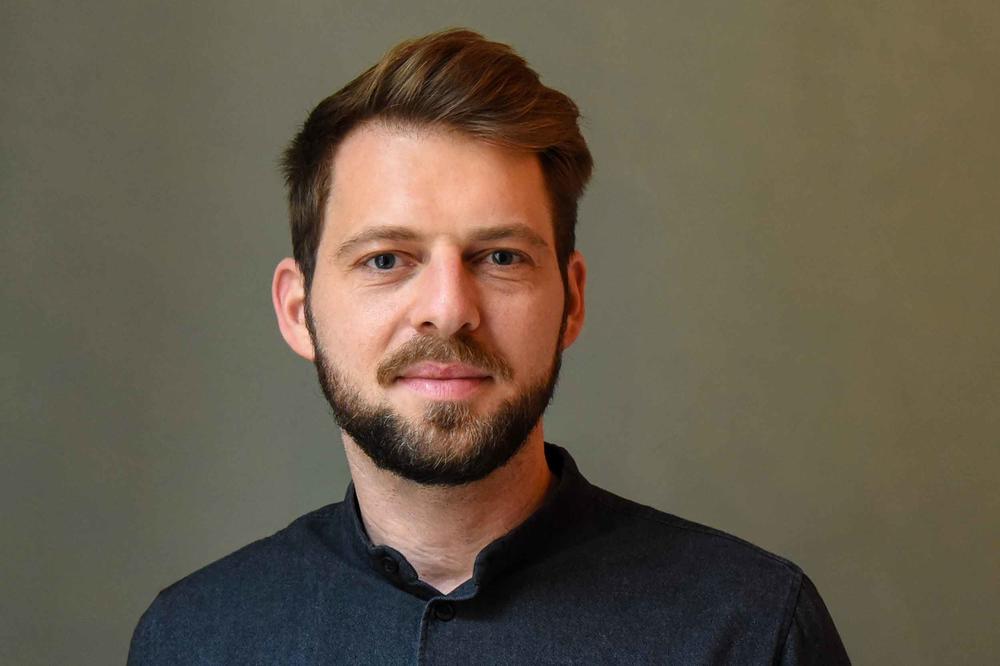Plenty of (Self-)Censorship, Not Enough Data
Jannis Grimm, Conflict Researcher, Freie Universität Berlin
Apr 04, 2025
Dr. Jannis Julien Grimm, Center for Interdisciplinary Peace and Conflict Research
Image Credit: Anne-Sophie Schmidt
The war in Gaza signifies a watershed moment for universities in the United States. According to recent studies, over eighty percent of scholars of the Middle East have felt compelled to self-censor when speaking about this issue. At the same time, the Trump administration has been instrumentalizing the fight against antisemitism on campuses to deport critical researchers and put entire universities under surveillance. It is particularly jarring, then, to see leading German politicians suggest that Germany should see this authoritarian contraction as an opportunity to recruit American scientists who are facing persecution and censorship. After all, Germany, too, is a country in which speaking about Israel and Palestine has entailed significant career risks and where protests in solidarity with Palestine have become a pretense for curbing the autonomy of our universities in unprecedented ways. Germany’s dramatic fall in the Academic Freedom Index is the culmination of numerous threats to academic freedom, from last year’s funding affair within the Federal Ministry of Research and Education, to literally hundreds of event cancellations and cases of deplatforming, to the prosecution of students who participated in campus protests. Aside from this statistical ranking, however, we still lack reliable data concerning the situation that researchers of Middle East politics have found themselves in. Exploratory interviews have indeed indicated both researchers critical of Israel as well as those standing in solidarity with Israel are increasingly self-censoring in their work since October 7. Both fear public defamation and intimidation on a whole new scale – but empirically sound data on this phenomenon have been sorely lacking.
In order to address this lacuna, an ongoing study at the INTERACT Center is seeking to systematically analyze the extent of and reasons for self-censorship within the context of the conflict in the Middle East. The study explores three central dimensions: 1) researchers’ personal experiences of censorship, hate speech, and institutional repercussions; 2) their evaluation of public debates about developments on campus; and 3) how biographical and identity-related factors shape individual threat perceptions. The study thereby aims to paint a more nuanced picture of the state of Middle East studies in Germany since October 7 in a way that does not solely rely on anecdotal evidence – as well as to counter tendencies to weaponize “academic freedom” for political purposes. In terms of the latter, the debate on academic freedom currently harbors the potential to be instrumentalized in two ways. On the one hand, accusations of insufficient academic freedom are occasionally misused to deflect even legitimate critiques of researchers’ public stances. More importantly, however, “academic freedom” is increasingly championed by those enacting authoritarian measures on campus under the guise of protecting universities – the latter may, at times, even be well intentioned; ultimately, however, they have stifled critical academic discourses at German universities to an unprecedented degree. Germany in particular bears a unique historical responsibility in actively opposing instrumentalization of this nature. Universities have always been canaries in the coalmine when it comes to detecting broader authoritarian tendencies. The fact that scholars are beginning to mentally brandish a black pen when it comes to certain topics should be the first indication that something is going terribly awry.

